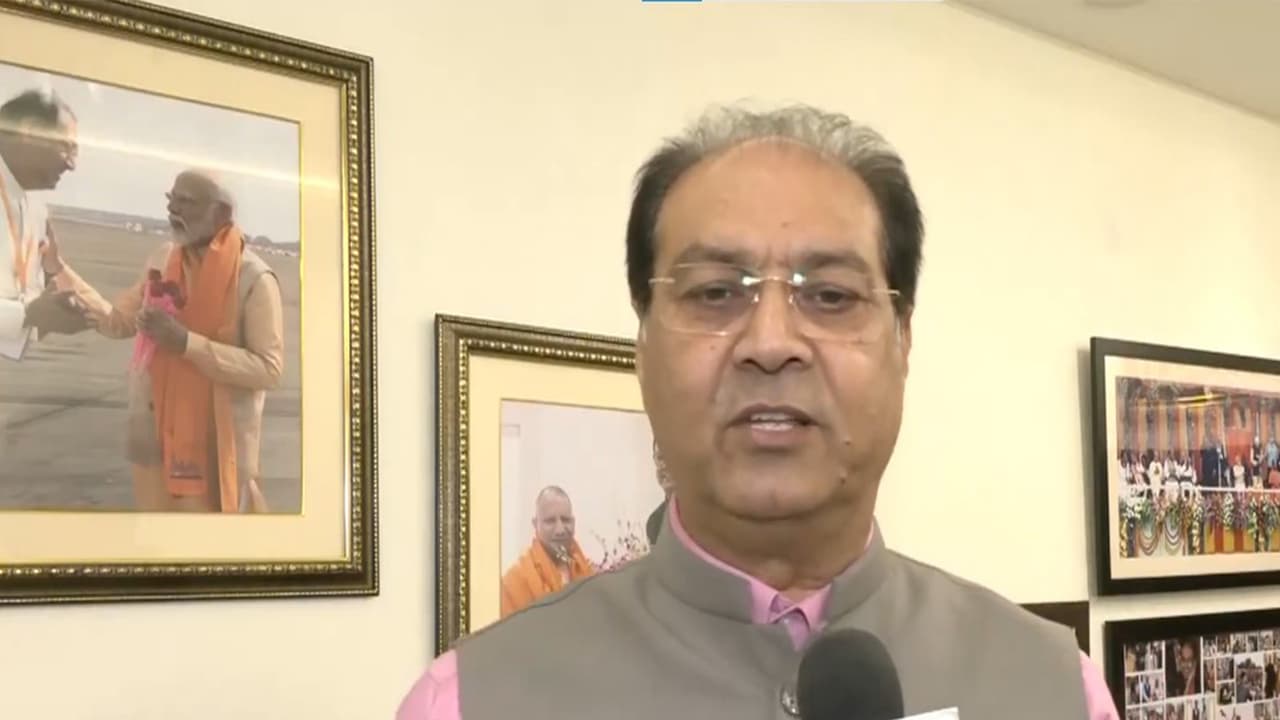BJP’s Mohsin Raza praised the new Labour Codes, saying PM Modi is empowering women and strengthening the nation. Effective Nov 21, the four codes replace 29 old laws to modernize regulations and enhance worker welfare for a self-reliant India.
Bharatiya Janata Party (BJP) leader Mohsin Raza on Friday praised the implementation of four new Labour Codes, stating that Prime Minister Narendra Modi is empowering women, advancing their role in society and strengthening the nation through progressive laws aimed at benefiting both the people and the country. Speaking to ANI, Raza said, “Prime Minister Modi is bringing laws and reforms for the benefit of the people and the country. We are advancing women’s empowerment, bringing them to the forefront. All the reforms are aimed at strengthening society overall.”
Historic Labour Reforms Unveiled
In a historic decision, the Government of India has announced that the four Labour Codes, the Code on Wages, 2019, the Industrial Relations Code, 2020, the Code on Social Security, 2020 and the Occupational Safety, Health and Working Conditions Code, 2020, are being made effective from 21st November, rationalising 29 existing labour laws. By modernising labour regulations, enhancing workers’ welfare and aligning the labour ecosystem with the evolving world of work, this landmark move lays the foundation for a future-ready workforce and stronger, resilient industries driving labour reforms for Aatmanirbhar Bharat.
Modernising Colonial-Era Laws
According to an official release issued by the Ministry of Labour and Employment, many of India’s labour laws were framed in the pre-Independence and early post-Independence era (1930s-1950s), at a time when the economy and world of work were fundamentally different. While most major economies have updated and consolidated their labour regulations in recent decades, India continued to operate under fragmented, complex and in several parts outdated provisions spread across 29 Central labour laws. These restrictive frameworks struggled to keep pace with changing economic realities and evolving forms of employment, creating uncertainty and increasing compliance burden for both workers and industry.
The implementation of the four Labour Codes addresses this long-pending need to move beyond colonial-era structures and align with modern global trends. Together, these Codes empower both workers and enterprises, building a workforce that is protected, productive and aligned with the evolving world of work — paving the way for a more resilient, competitive and self-reliant nation. (ANI)
(Except for the headline, this story has not been edited by Asianet Newsable English staff and is published from a syndicated feed.)
